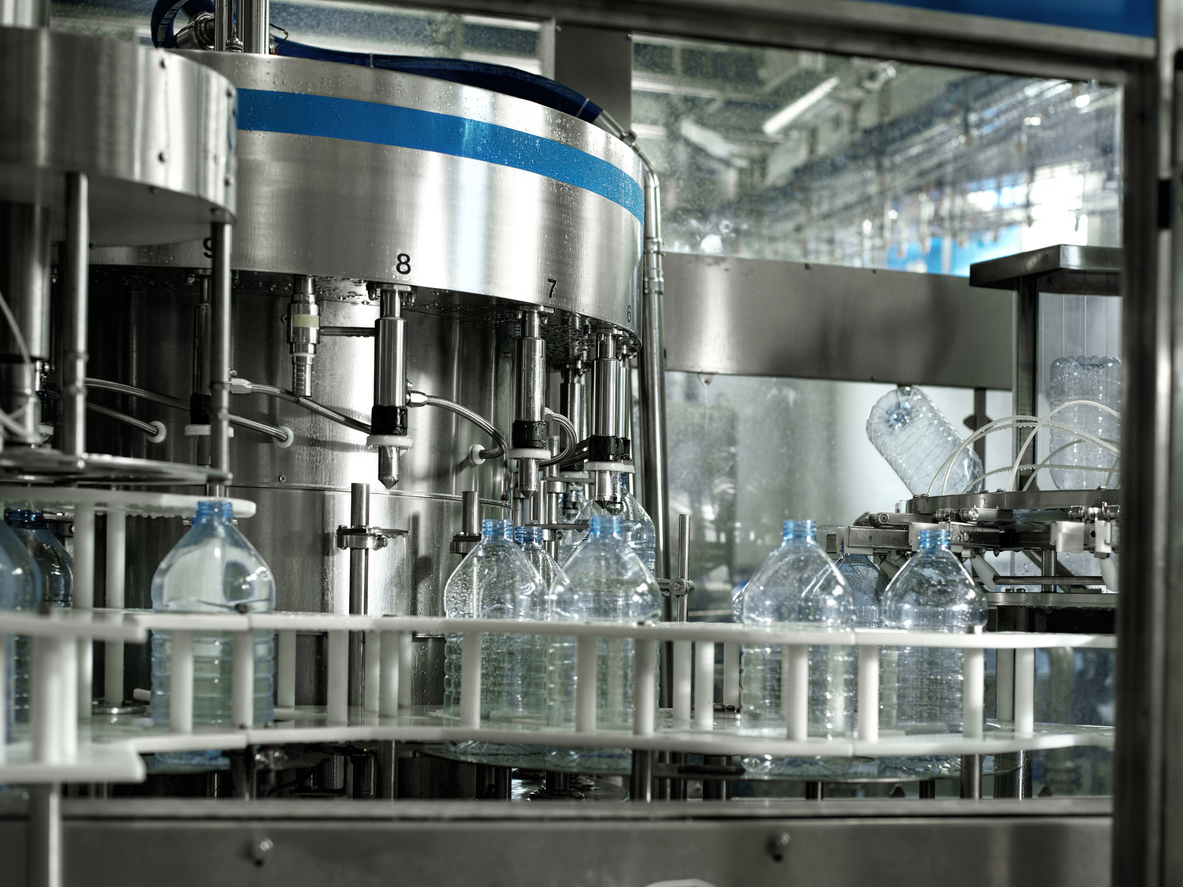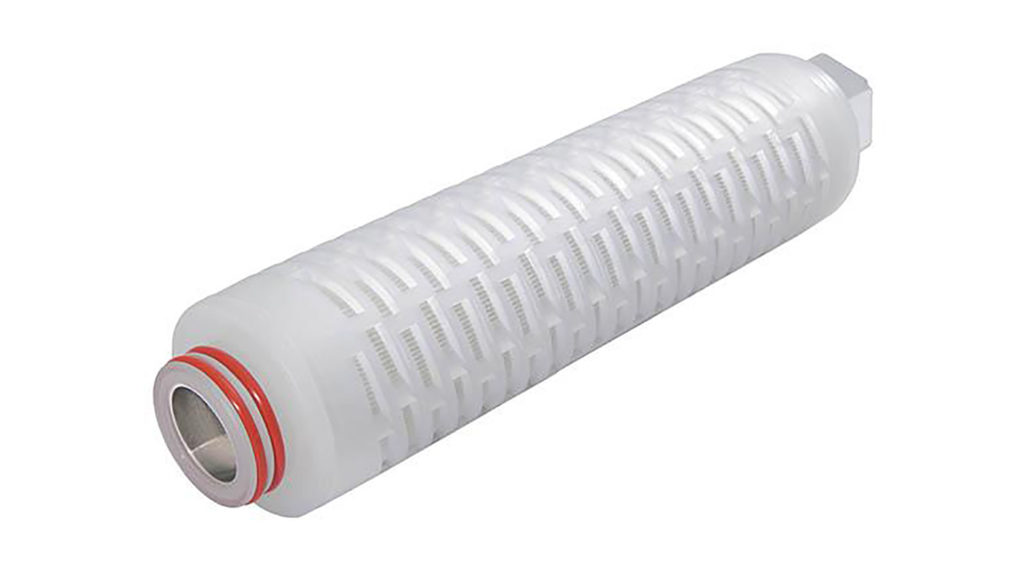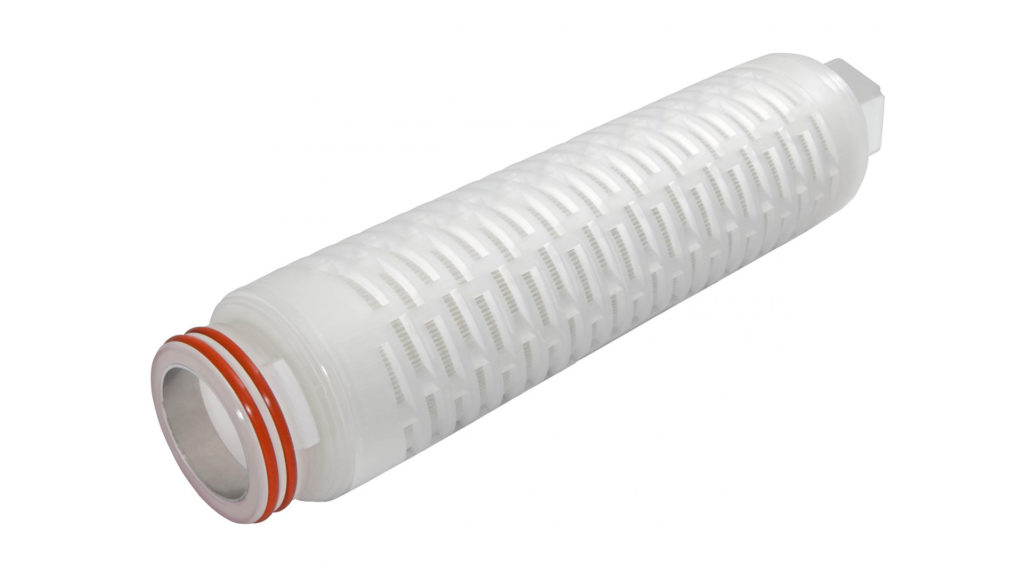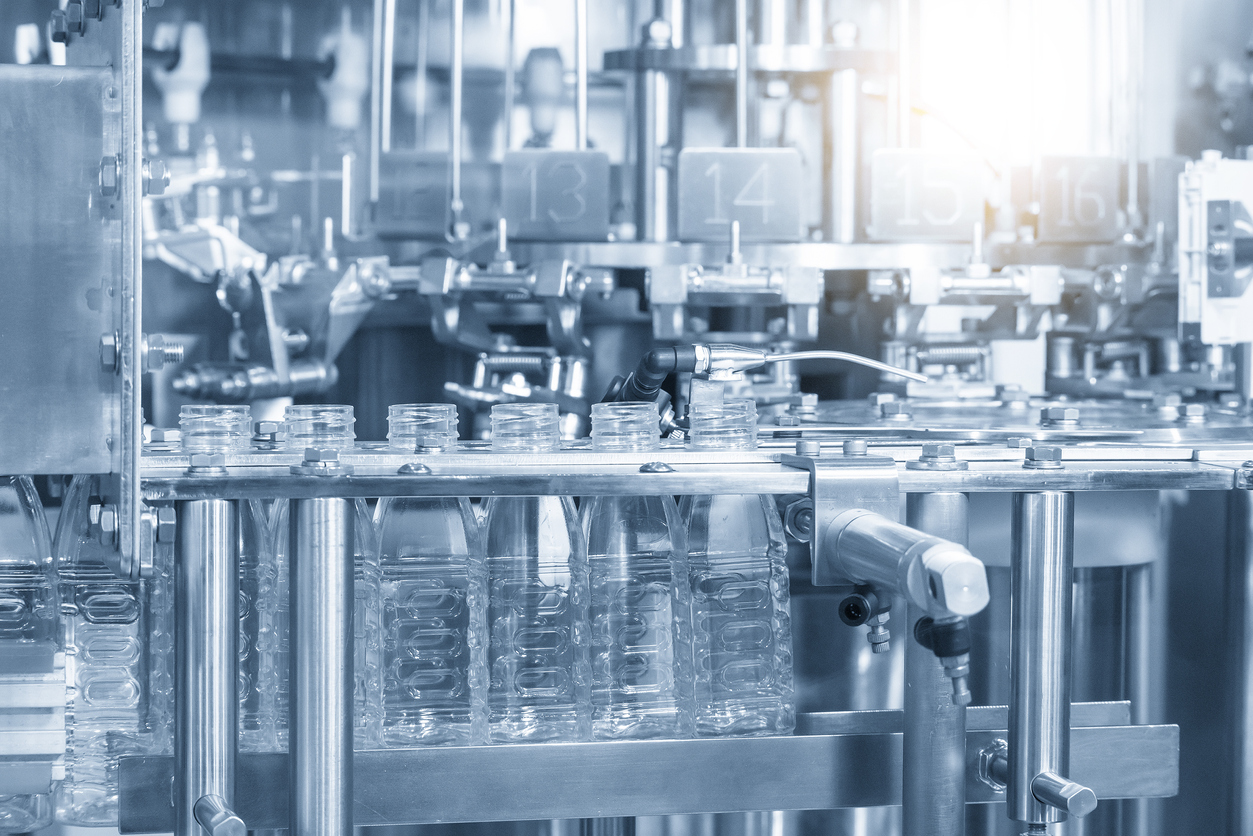
Sterile Filtration in Bottled Water Production
Sterile filtration is a crucial step in the production of many consumable products, ensuring that the final product is free from harmful microorganisms and contaminants. Learn how this essential filtration technique safeguards the safety and purity of products.
Understanding Sterile Filtration
Sterile filtration is a filtration technique used to remove or reduce microbial contaminants from liquids. It involves passing products through a specialized filter with extremely small pores, typically ranging from 0.1 to 0.45 micrometers in size. These filters effectively retain microorganisms such as bacteria, yeasts, and molds, ensuring that they do not contaminate the final product.
Sterile Filtration Process
The sterile filtration process involves these steps:
- System Preparation: Prior to filtration, the filter system is thoroughly cleaned and sanitized to prevent any contamination. This step ensures that the filter itself does not introduce impurities into the water.
- Filtration Setup: The water is directed through the filtration system, which consists of specialized filter cartridges or modules designed for sterile filtration. These filters are often made of materials such as polyethersulfone (PES), polyvinylidene difluoride (PVDF), or mixed cellulose esters (MCE).
- Microorganism Retention: As the water passes through the filter, microorganisms are retained on the filter surface or within the filter matrix. The small pore size of the filter prevents the passage of bacteria, yeasts, molds, and other contaminants, ensuring a sterile product.
- Validation and Monitoring: Regular validation and monitoring of the filtration process are essential to ensure its effectiveness. This involves testing and analyzing the filtered water to verify that the filter is functioning correctly and providing the expected level of microbial reduction.
- Packaging: Once the water has undergone successful sterile filtration, it proceeds to the packaging stage. The water is filled into bottles under controlled conditions to maintain its sterility until consumption.
Reasons to Use Sterile Filters In Bottled Water Production
Sterile filtration holds immense importance in production processes for several reasons:
- Microbial Safety: Manufacturers prioritize consumer safety. Sterile filtration removes potentially harmful microorganisms, significantly reducing the risk of illnesses/diseases and ensuring that products are safe for consumption.
- Regulatory Compliance: Regulatory bodies impose stringent standards on production. Sterile filtration helps manufacturers meet these standards by effectively eliminating microbial contaminants, ensuring compliance, and maintaining the required certifications. Compliance with these standards is crucial for maintaining certifications and consumer trust.
- Product Shelf Life: Microorganisms in products can multiply over time, leading to spoilage and degradation of the product’s quality. Sterile filtration extends the shelf life of products by removing microorganisms, preserving its freshness, and ensuring a longer period of safe consumption.
- Consistent Quality: Sterile filtration contributes to the consistent quality and sensory of products. Removing microbial contaminants helps maintain the taste, odor, and overall sensory attributes of the products, ensuring that consumers receive a reliable and enjoyable product with every purchase.
- Consumer Confidence: Sterile filtration plays a vital role in building consumer confidence in products. When consumers know that a product has undergone rigorous filtration to remove harmful microorganisms, they can trust its safety and quality.
Key Filter Requirements
- Microbial Retention: The filter must have a defined pore size that prevents the passage of microorganisms.
- High Log Reduction Values: They should be capable of achieving a log reduction value (LRV) of at least 7, meaning they can eliminate 99.99999% of microorganisms, the higher the better.
- Integrity Tested: Ensures that the filter is free from defects or breaches, common methods include bubble point testing, diffusion testing, pressure hold testing, and forward flow testing.
- Compatibility with Product and Process: Must not leach or interact with water, also compatible with temperature, pressure, and flow rate.
- Regulatory Compliance: Compliance with regulations such as those set by the United States Pharmacopeia (USP), European Pharmacopoeia (EP), Food and Drug Administration (FDA), and National Science Foundation (NSF).
- Validation and Documentation: Manufacturers should provide comprehensive documentation, including product specifications, certificates of analysis, validation reports, and supporting data.
- Reliability and Consistency: Manufactured using robust processes and quality control measures to ensure consistent microbial retention and filtration efficiency from batch to batch.
Recommended Sterile Filters
Global Filter recommends two different media types of membrane filters for sterile filtration.




